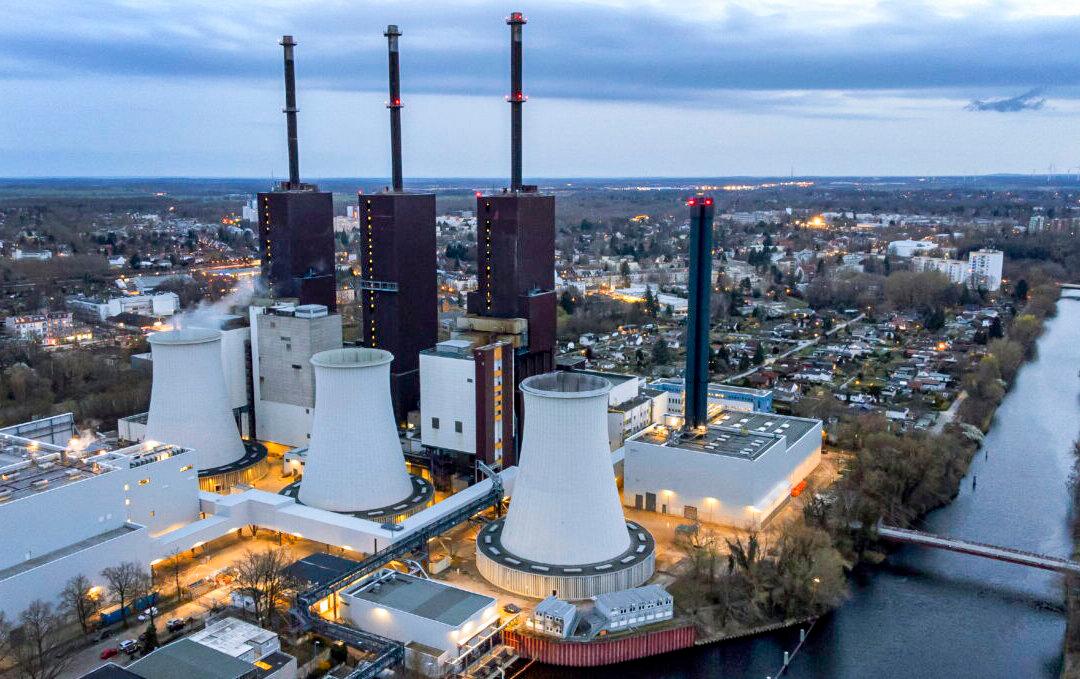Germany’s gas situation may become “very serious” if the country does not significantly reduce consumption ahead of winter, the head of Germany’s national network regulator warned Thursday.
Federal Network Agency President Klaus Mueller wrote on Twitter that gas consumption in Germany “increased by too much last week,” with German households and small businesses using nearly 10 percent more gas than the average consumption from 2018 to 2021.




